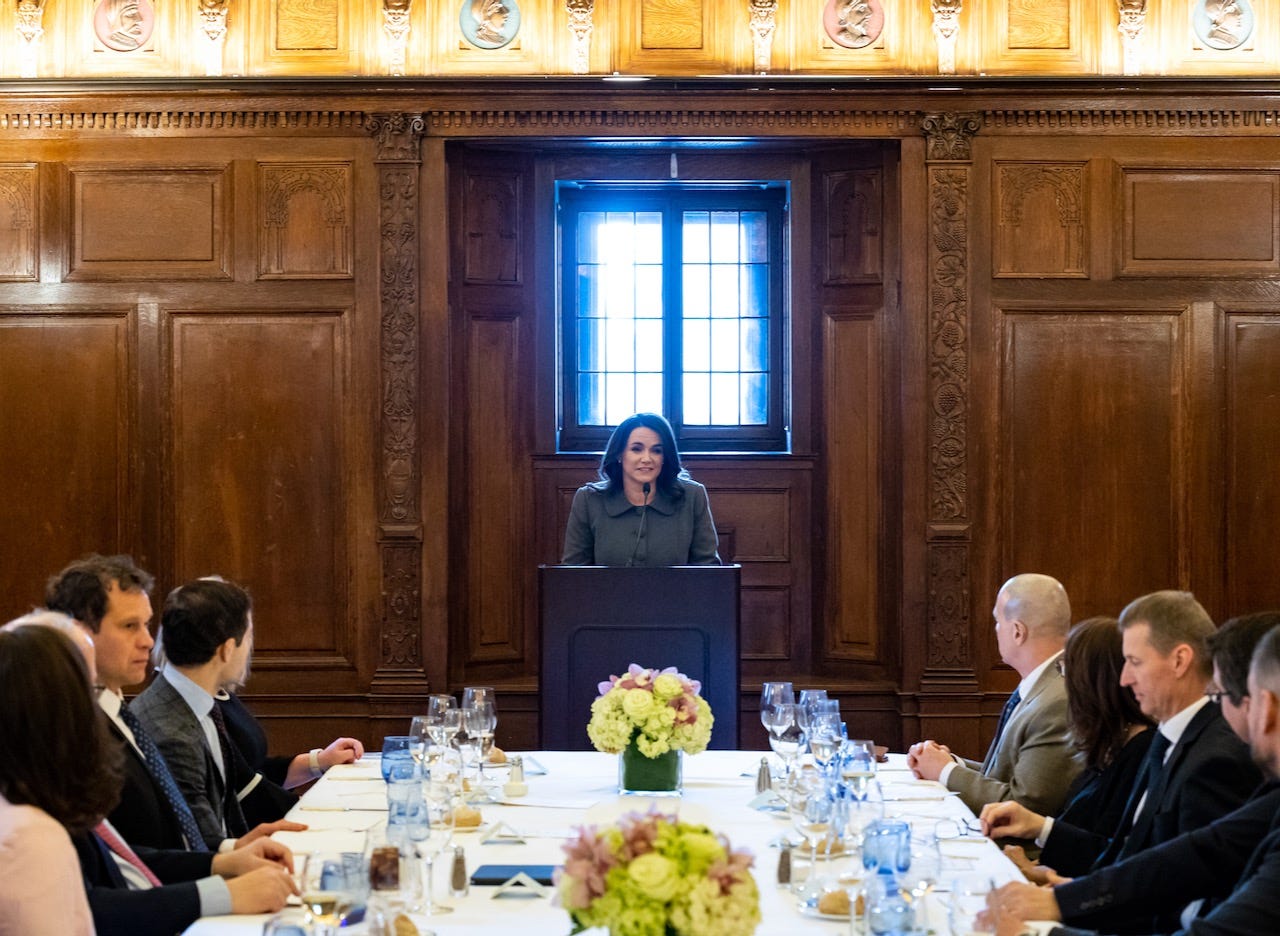Hungary’s Christian Realism
Hungary’s President Katalin Novák recently addressed Christian intellectuals in New York City with responses from Professors Vermeule and Pecknold
1. Summary & analysis by Professor Gladden Pappin
2. Remarks of Professor Adrian Vermeule
3. Remarks of Professor Chad Pecknold
Gladden Pappin on President Novák’s address
It is not every day that one gets to hear a head of state address the role of Christianity in the public life and politics. This Sunday, March 5, I …






